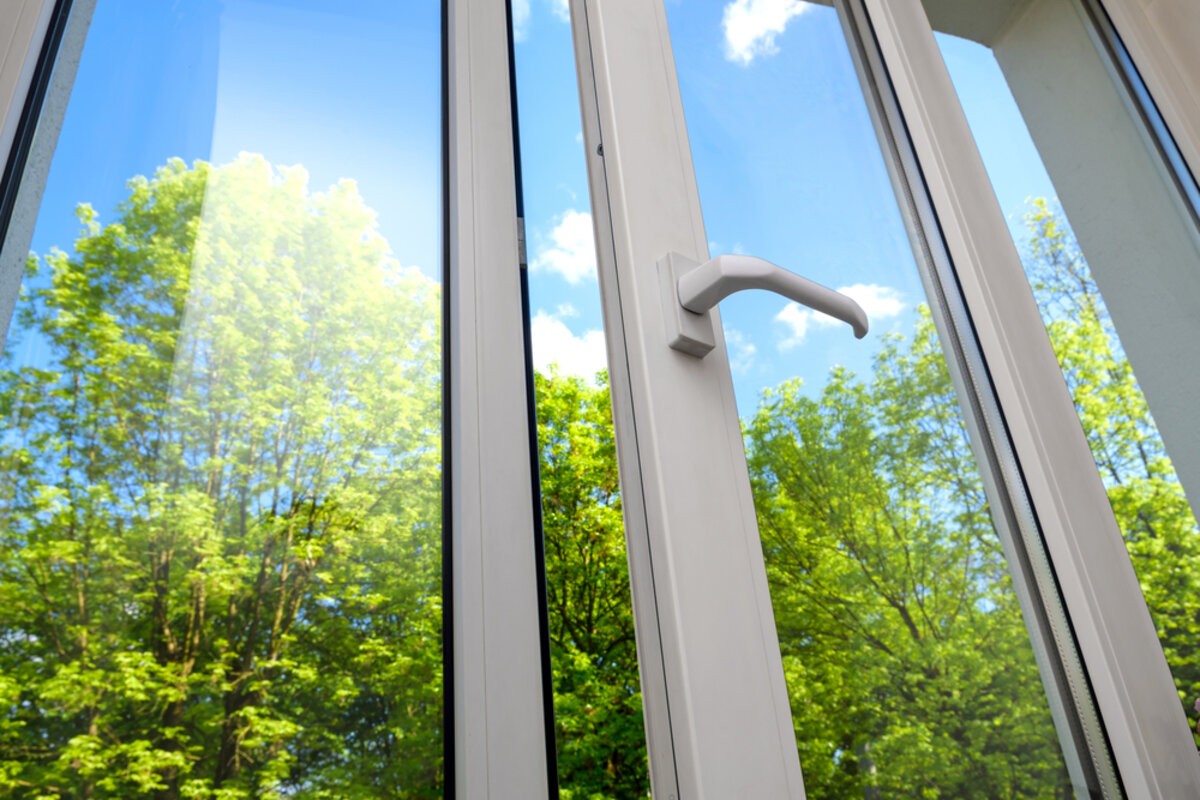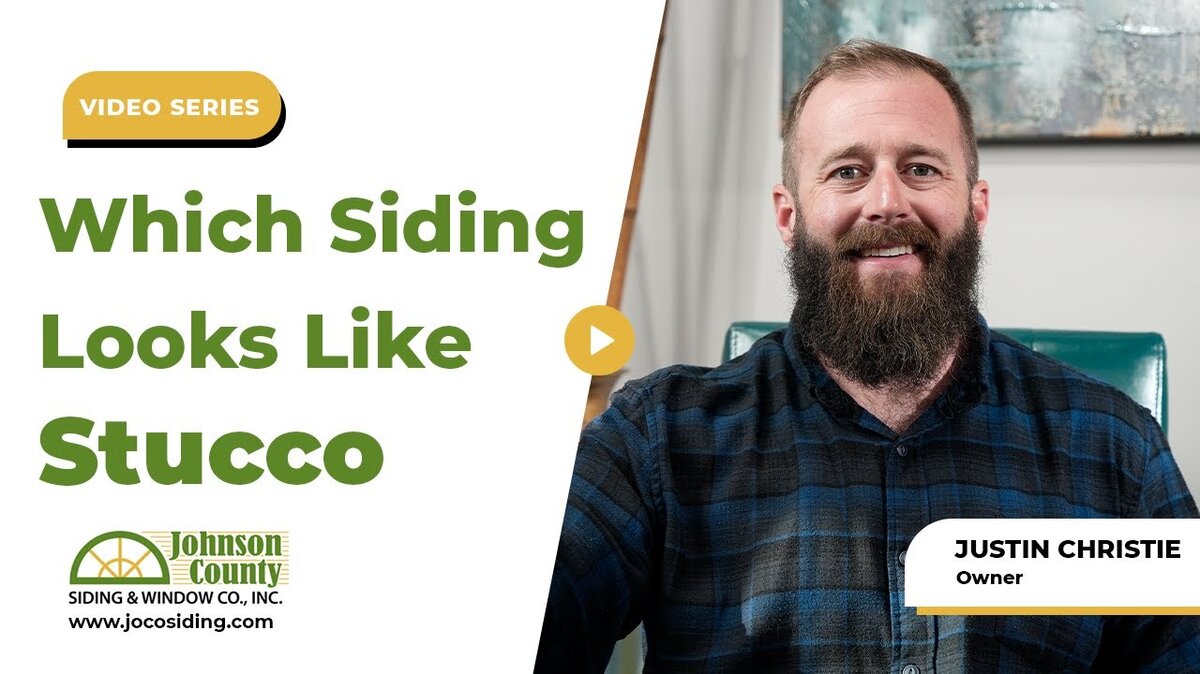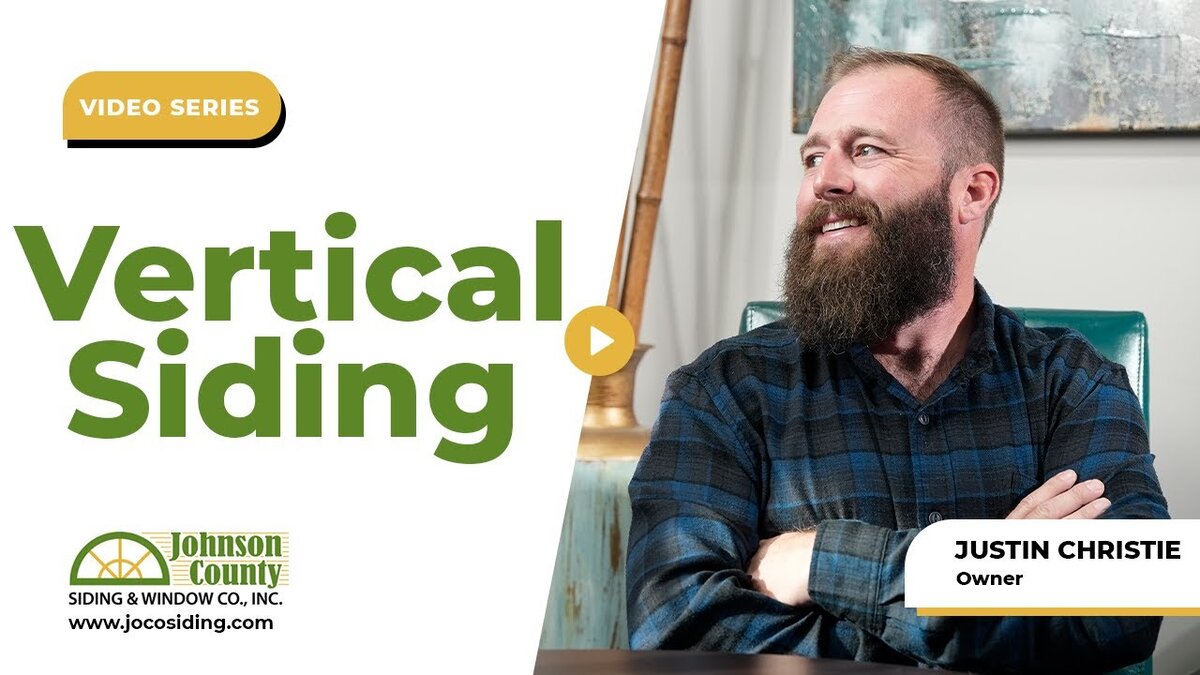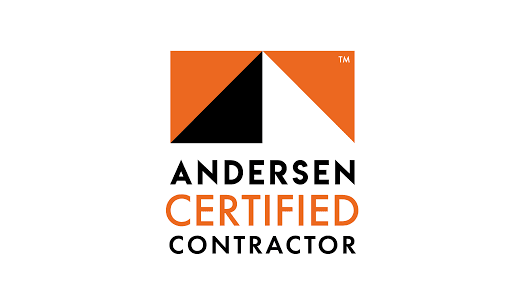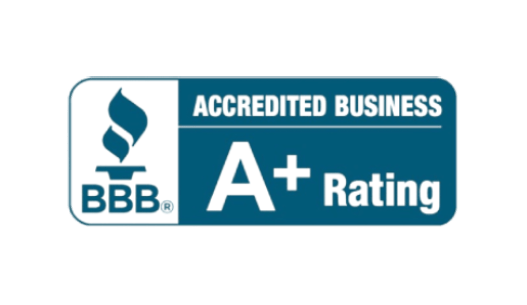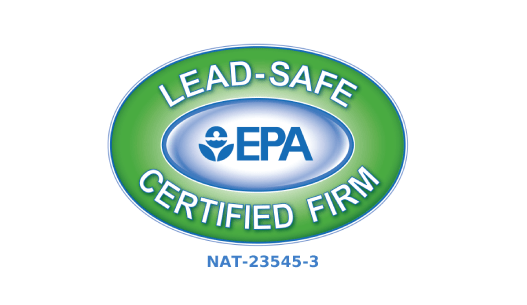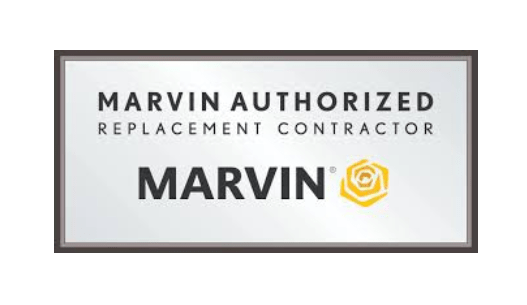Vinyl windows have become a popular choice in many households, known for their affordability and versatility. But like any material, they come with their own set of strengths and weaknesses. This blog post aims to provide a balanced view of the pros and cons of vinyl windows, helping homeowners make an informed decision based on their specific needs and circumstances.
Understanding Vinyl Windows
Vinyl windows are made from polyvinyl chloride (PVC), a plastic material that has several applications in the building industry. These windows have gained popularity over the years due to their energy efficiency, lower cost, and ease of maintenance.
The Rise in Popularity of Vinyl Windows
Initially introduced in the 1970s as a more affordable alternative to wood and aluminum windows, vinyl windows have evolved significantly. Today, they are known for their improved design, color options, and better insulation properties, making them a competitive choice in the market.
The Advantages of Vinyl Windows
Here are some of the key benefits that make vinyl windows an attractive option for many homeowners:
- Affordability: Vinyl windows are typically more cost-effective than other window materials, making them a popular choice for those on a budget.
- Low Maintenance: They do not require painting or staining and are resistant to moisture, reducing the need for regular upkeep.
- Good Insulation: Vinyl windows provide excellent insulation, helping to reduce heating and cooling costs and improve the energy efficiency of your home.
- Variety of Designs: They are available in a wide range of styles, sizes, and colors to fit various home decors.
Longevity and Performance
While not as long-lasting as some other materials, modern vinyl windows can still provide many years of reliable performance. Manufacturers have addressed many of the earlier concerns, such as discoloration and brittleness, making newer models more durable and color-stable.
The Disadvantages of Vinyl Windows
Despite their many benefits, there are also some drawbacks to consider when it comes to vinyl windows:
- Less Aesthetic Appeal: Some homeowners feel that vinyl windows lack the natural look and charm of wood. While color and design options have increased, they may not suit every architectural style.
- Thermal Expansion: Vinyl can expand and contract with temperature changes, which might affect the seal and performance over time, particularly in extreme climates.
- Environmental Concerns: PVC production and disposal raise environmental concerns due to the chemicals involved in the process.
Weighing Your Options: Is Vinyl Right for You?
Choosing the right windows for your home is a significant decision that affects not only the look and feel of your home but also its energy efficiency and maintenance needs. When considering vinyl windows, weigh the initial cost savings and low maintenance against the aesthetic and long-term performance factors. Think about the climate you live in, the style of your home, and how long you plan to stay in your current home.
Conclusion
Vinyl windows offer a practical and economical option for many homeowners, but they aren’t without their drawbacks. By understanding both the advantages and disadvantages of vinyl windows, you can make a more informed decision that aligns with your priorities, budget, and long-term home improvement goals.
For further guidance or to explore a range of vinyl window solutions, please contact Johnson County Siding & Window today. We are here to help you navigate your options and ensure that your home improvement decisions lead to comfort, beauty, and efficiency.

